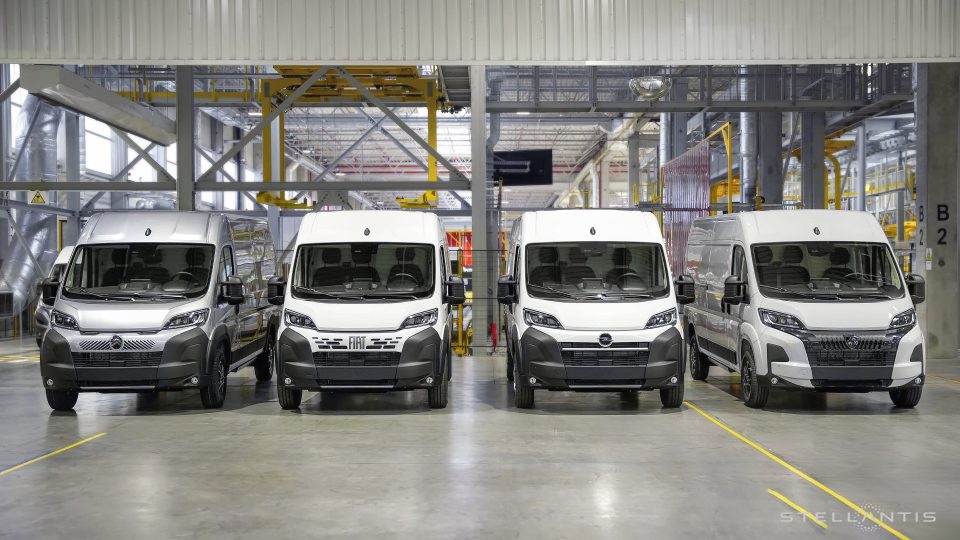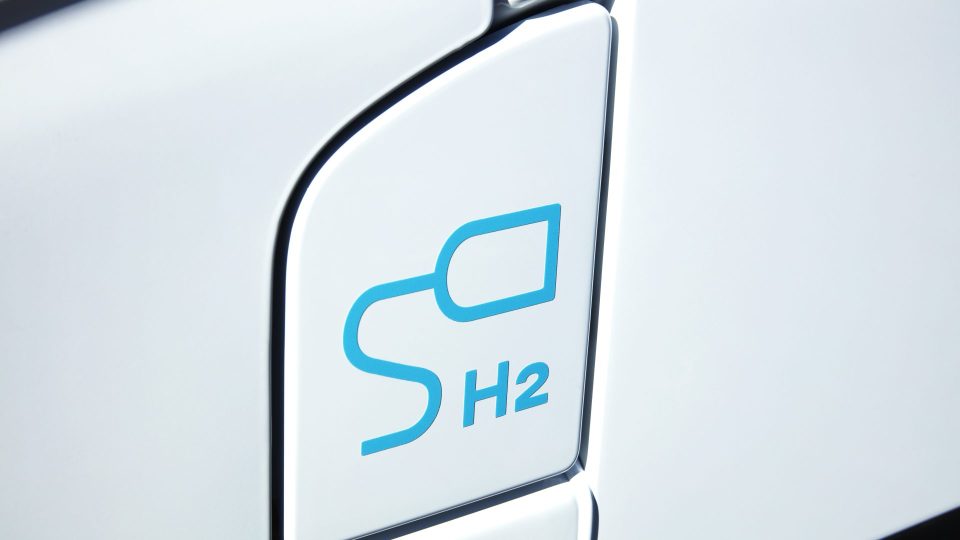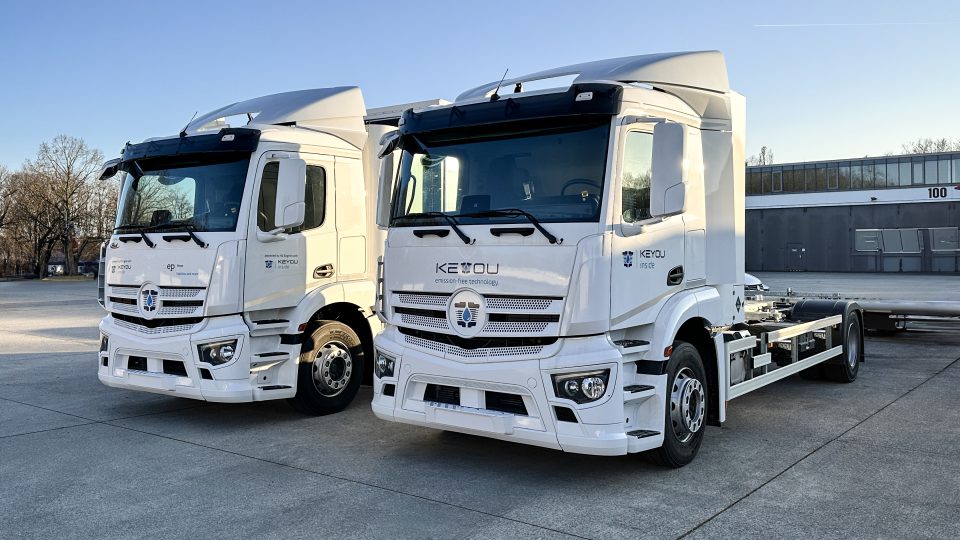Renault Master Van H2-TECH is the first HYVIA hydrogen prototype
The Renault Master Van H2-TECH is a large van for transporting goods, with 12 cubic meters of cargo volume and a range of up to 500 km. According to HYVIA, the van will be available in 2022 and will rely on a 30 kW fuel cell, a 33 kWh battery and tanks containing 6 kg of hydrogen (4 tanks of 1,5 kg). The van will be assembled in France, at the Batilly plant, by the end of the year.
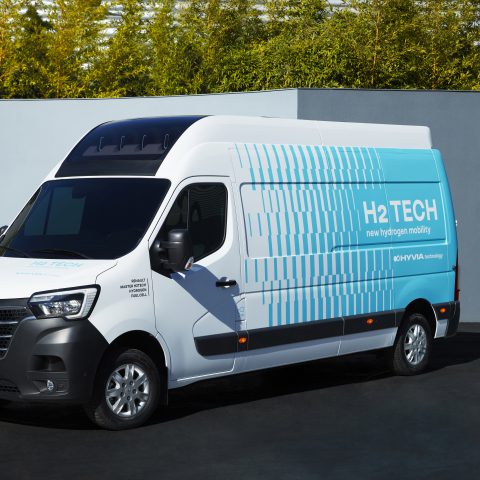
HYVIA unveiled the very first hydrogen prototype, namely the Renault Master Van H2-TECH. Although we are not talking about production and delivery yet, this is indeed an important step for HYVIA, the joint venture equally owned by Renault Group and Plug Power, a leading company in turnkey hydrogen and fuel cell solutions, back in June 2021. In addition to light commercial vehicles with fuel cells, HYVIA provides hydrogen refueling stations, supply of carbon-free hydrogen as well as services for financing and maintenance of fleets.
Renault Master Van H2-TECH, relying on hydrogen
The Renault Master Van H2-TECH is a large van for transporting goods, with 12 cubic meters of cargo volume and a range of up to 500 km. According to HYVIA, the van will be available in 2022 and will rely on a 30 kW fuel cell, a 33 kWh battery and tanks containing 6 kg of hydrogen (4 tanks of 1,5 kg). The van will be assembled in France, at the Batilly plant, by the end of the year. The hydrogen tanks will be sourced in France, from Faurecia.
HYVIA refueling station prototype will evolve into series products to be assembled in France by the end of the year as well. According to HYVIA, hydrogen refueling station will allow fast fueling time, 5 minutes, comparable then to thermic powertrains. More into details, hydrogen supplied will either be generated on-site using water electrolysis or supplied in bulk using gaseous tube trailers. The system compresses H2 into storage, before dispensing it into the vehicle when needed.
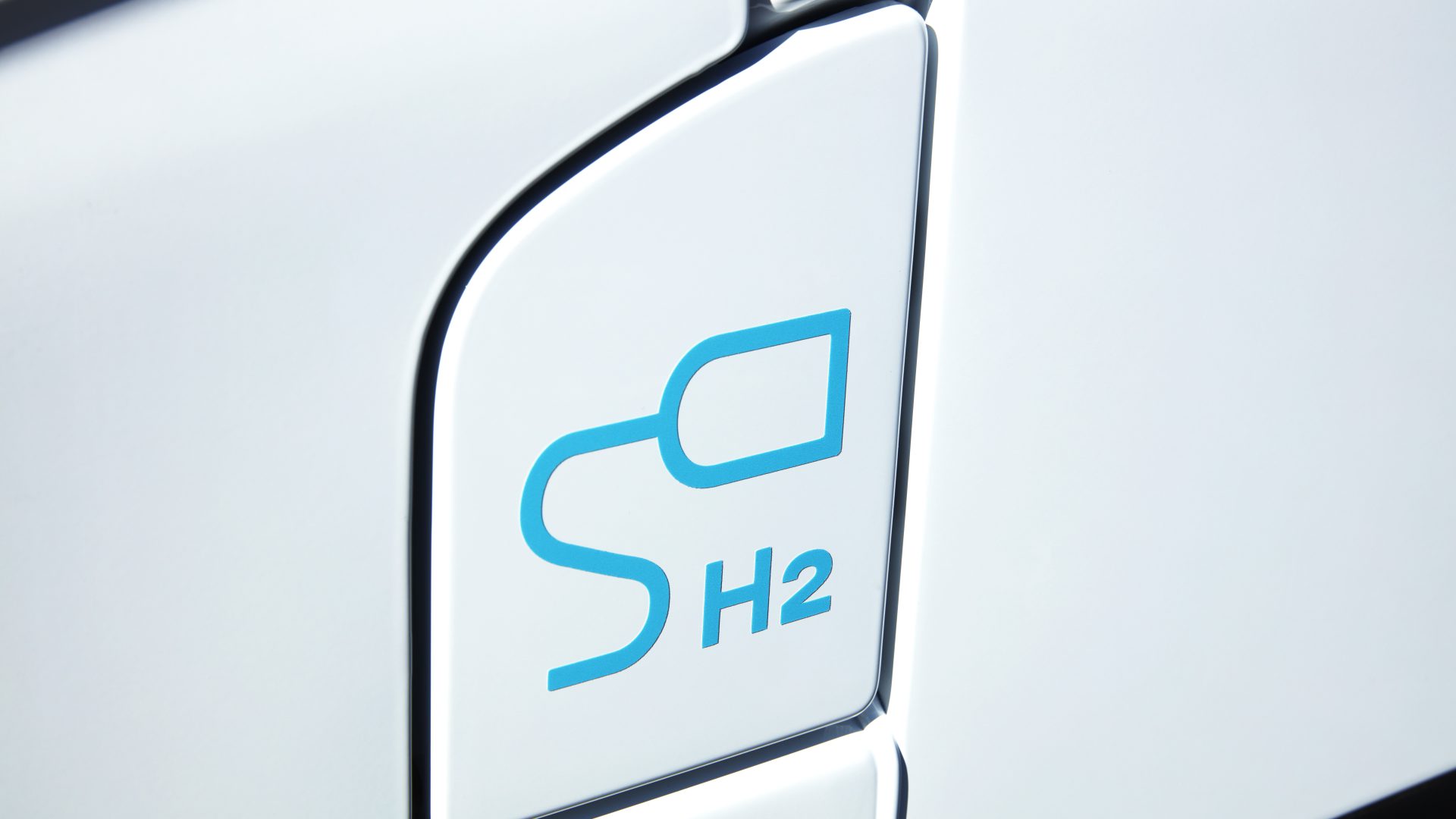
«I am proud to unveil our first hydrogen prototypes. HYVIA will be able to deploy its entire ecosystem in all territories and professional fleets for a carbon-free mobility. HYVIA is moving fast, bringing together the strengths and skills of two leaders: Renault Group & Plug Power», said David Holderbach, CEO of HYVIA.










